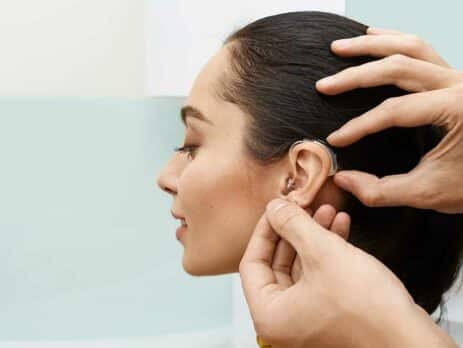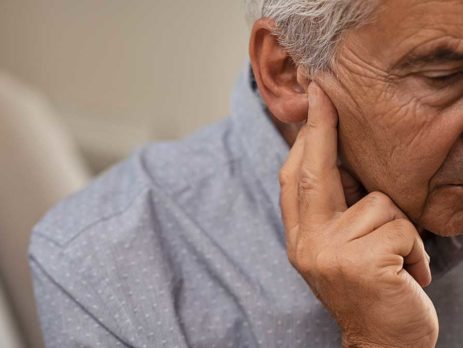Myths & Misconceptions About Hearing Loss and Hearing Aids
Many people have misconceptions about hearing loss and hearing aids. Understanding the facts is important for people to achieve better hearing and overall health. Here are five common myths about hearing loss and hearing aids. 1. Myth - Only older adults suffer hearing loss. Out of the estimated 48 million Americans with hearing loss, 66% are younger than age 65. A study reported in the Journal of the American Medical Association looked at comprehensive data. The researchers found that 20% of children...










